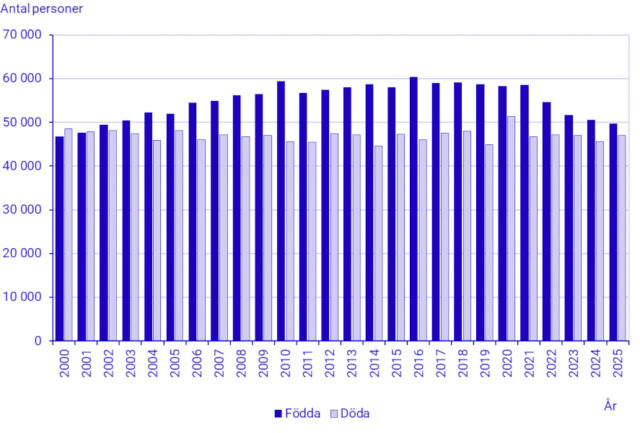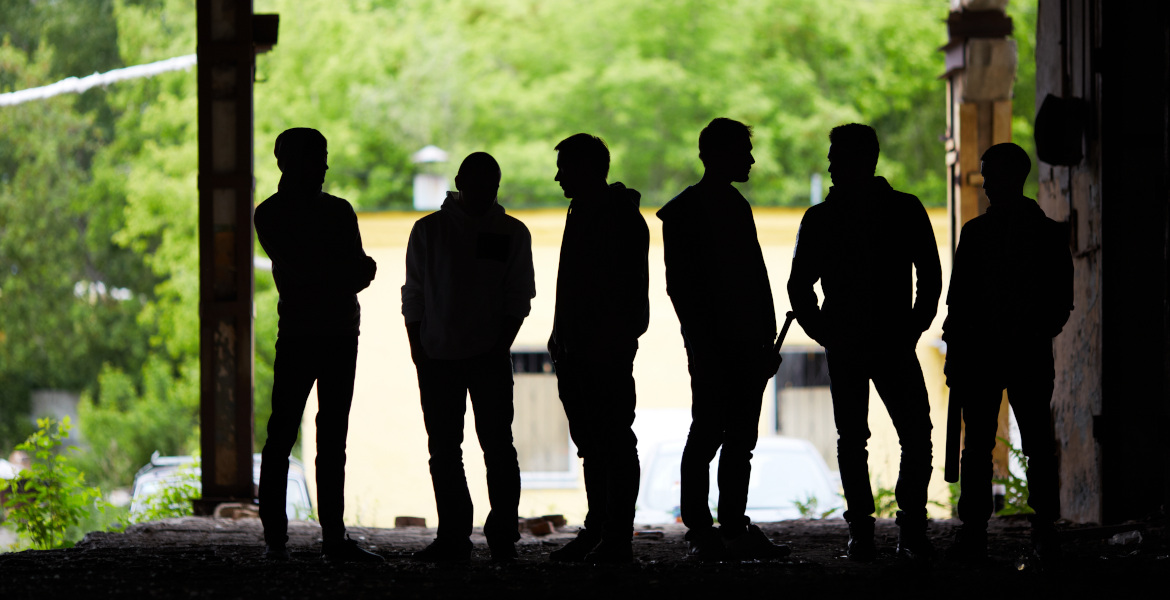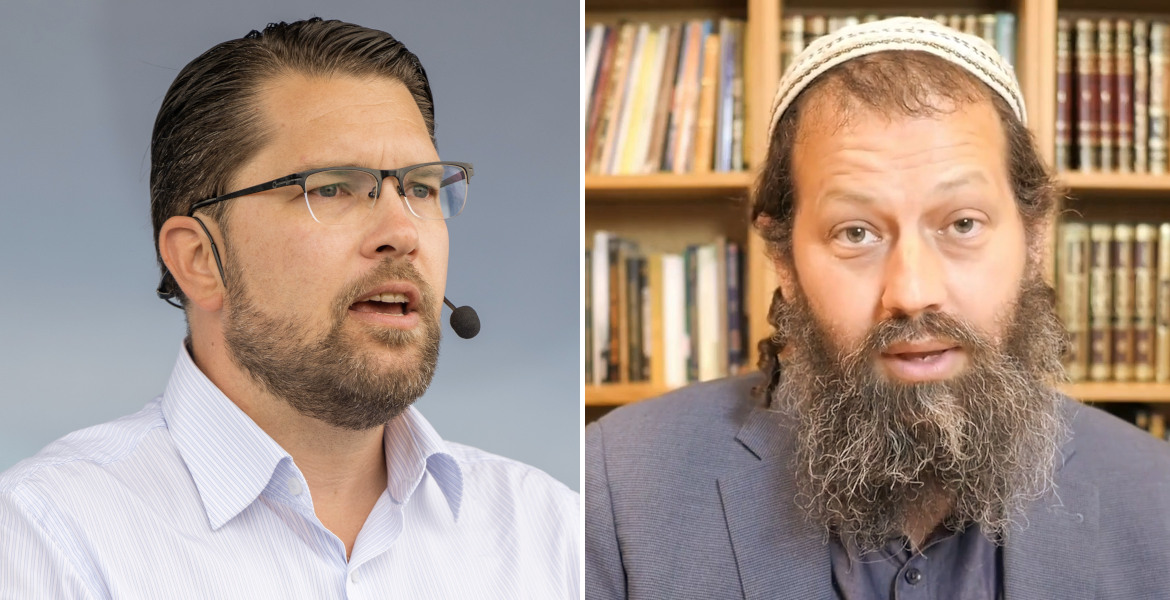Swedish childbearing has reached historically low levels. During the first half of 2025, only 49,700 children were born – the lowest number since 2002.
Meanwhile, new figures from Statistics Sweden (SCB) show that population growth has almost completely stalled, with an increase of only 5,000 people since the turn of the year.
The Swedish population crisis is deepening. Despite Sweden now having 10.5 million inhabitants – compared to approximately 9 million in 2002 – fewer children are being born now than 23 years ago. This means that birth rates per capita have plummeted to extremely low levels.
— The low population increase during 2024 and 2025 is largely due to the number of people registered as having emigrated being at a higher level than in previous years, but it is also affected by the fact that fewer children are being born, says Guadalupe Andersson, population statistician at Statistics Sweden (SCB).
The figures from Statistics Sweden's new report make for depressing reading. During the first six months of the year, 840 fewer children were born compared to the same period in 2024, a decrease of 1.7 percent. The downward trend that has been ongoing for several years shows no signs of reversing either.
At the same time, the number of deaths has increased. During the first half of the year, 47,000 people died, which was 1,400 more than the same period the previous year. The combination of fewer births and more deaths creates a demographic crisis that risks threatening the country's future.

Far below critical level
Sweden's birth rate last year was only 1.43 children per woman – far below the 2.0 children per woman required to prevent the population from declining over time. Without large-scale mass immigration to Sweden, the population would already be shrinking dramatically.
The statistics also include all women residing in Sweden, including those from immigrant groups who traditionally have significantly more children than ethnic Swedes. The actual birth rate for Swedish women is therefore likely considerably lower than what the statistics show.
Despite continued mass migration under the Tidö government (Sweden's current center-right coalition), Sweden's population increased by only 5,000 people during the first half of 2025. While this is somewhat higher than last year's record-low increase, it still remains at a historically low level for the 21st century.
The birth collapse is not unique to Sweden but a phenomenon affecting the entire Western world. Experts list a long range of reasons why fewer people are choosing to have children: sky-high housing prices, economic insecurity, career pressure, changing relationship ideals, and an individualistic culture where childbearing is seen as an obstacle to self-realization.
According to demographic projections, the consequences of this development will be devastating: a shrinking workforce that must finance pensions and healthcare for a rapidly growing elderly population, staff shortages in all sectors of society, collapsing housing markets in rural areas, and a tax system that can no longer support the welfare state. Statistics Sweden's calculations show that the dependency ratio – the number of working people per retiree – will be halved within 30 years if the trend continues.





